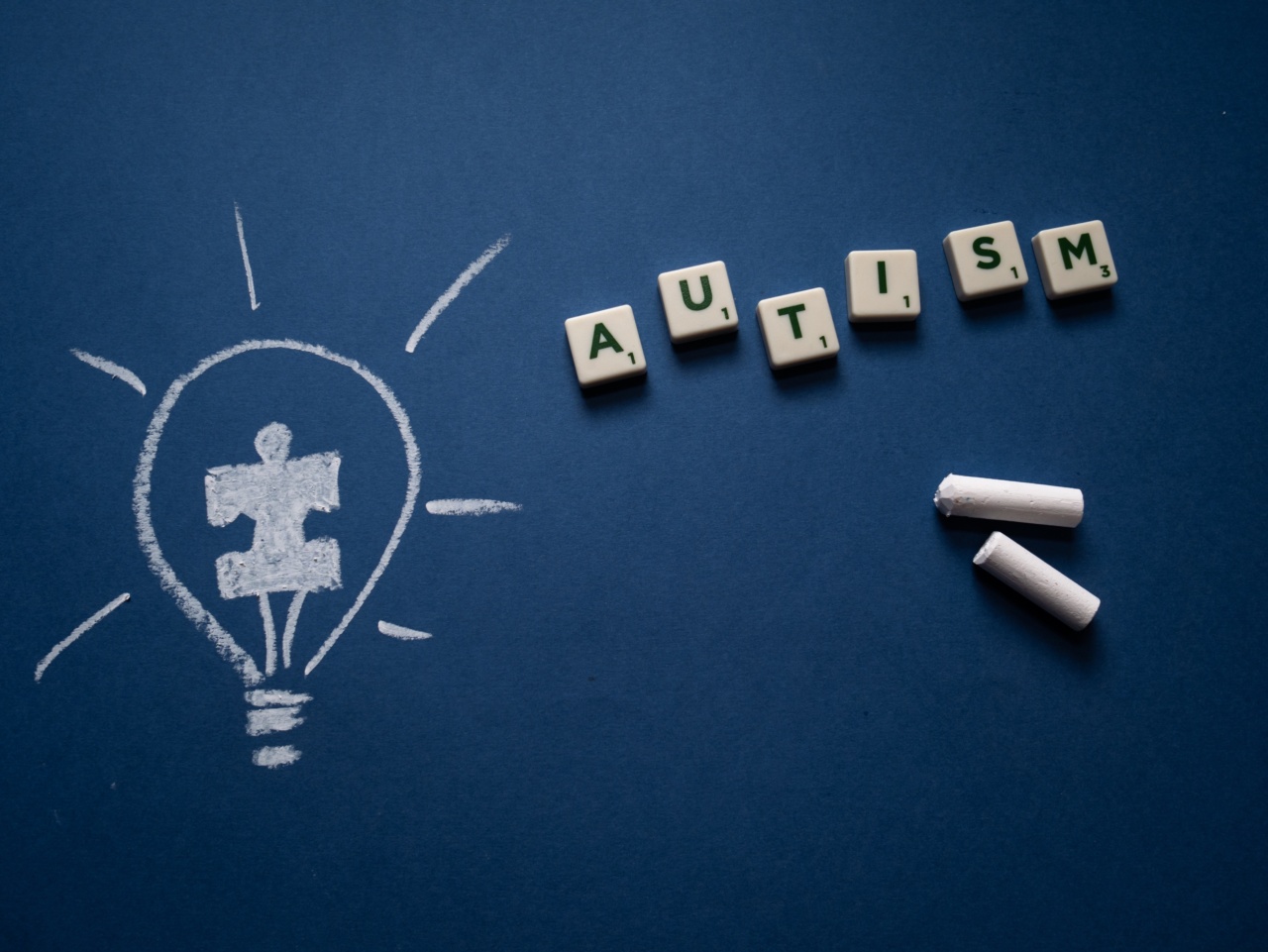Autism Spectrum Disorder (ASD) is a neurodevelopmental disorder that affects a person’s social skills, communication, and behavior. It is often accompanied by other medical and psychiatric conditions that require complex care management.
Hospitalization of individuals with ASD is a challenging event for the patient, their family, and healthcare providers. The current article will discuss the various factors associated with hospitalization in ASD.
Medical Factors
Individuals with ASD may have co-existing medical conditions such as epilepsy, gastrointestinal disorders, respiratory illness, and autoimmune disorders, among others.
These conditions may require hospitalization to address acute or chronic symptoms, such as seizures, dehydration, fever, or infections. Hospitalization may also be necessitated for medical procedures such as surgeries, imaging tests, or laboratory investigations.
Additionally, some individuals with ASD may not be able to communicate their medical needs, which can lead to delayed diagnosis or treatment of illnesses, ultimately resulting in hospitalization.
Behavioral Factors
Individuals with ASD may exhibit challenging behaviors such as aggression, self-injury, elopement, and non-compliance, among others. These behaviors can pose a risk to the safety of the patient and those around them, and can lead to hospitalization.
Behavioral problems may be triggered by environmental changes such as a new caregiver, hospitalization, or unfamiliar surroundings, leading to an increase in the severity and frequency of challenging behaviors. Additionally, individuals with ASD may require specialized care during hospitalization, such as the presence of caregiver or the use of sensory-friendly equipment, which may not be readily available in all healthcare settings.
Social Factors
Individuals with ASD may have difficulty understanding social cues and engaging in social interactions, leading to isolation and loneliness.
Hospitalization can exacerbate these social deficits, as individuals with ASD may have limited access to social activities or interactions. Additionally, parents or caregivers may have difficulty in explaining the hospitalization to the individual with ASD, leading to anxiety and distress for both the patient and their family.
Social support systems such as friendship networks, school, and community resources may also be limited for individuals with ASD, leading to increased stress and anxiety during hospitalization.
Communication Factors
Individuals with ASD may have difficulty expressing themselves verbally or using other modes of communication.
This may pose a challenge for healthcare providers caring for them during hospitalization, making it difficult to ascertain the patient’s needs or medical history. This lack of communication can result in avoidable medical errors or ineffective treatment, ultimately leading to prolonged hospital stays and increased stress for the patient and their family.
It can also lead to misunderstandings between the patient and the healthcare provider, leading to an increase in challenging behaviors and distress.
Caregiver Factors
Parents or caregivers of individuals with ASD may experience high levels of stress and burnout associated with providing care, leading to poor mental health outcomes.
The stress of caring for an individual with ASD may be further exacerbated during hospitalization, where the caregivers may feel isolated and unsupported. Additionally, parents or caregivers may not have the necessary knowledge or skills to advocate for the patient during hospitalization, leading to suboptimal care and prolonged hospital stays.
This can result in caregiver burden, financial stress, and affect family functioning.
Environmental Factors
Environmental factors such as noise, bright lights, and unfamiliar smells or objects can be challenging for individuals with ASD, leading to sensory overload and increased anxiety.
Hospitalization can exacerbate these sensory issues, as the environment can be overwhelming and unpredictable. Healthcare providers may not be trained in sensory-friendly care, leading to difficulties in managing the patient’s behavior.
Additionally, hospitalization may disrupt the patient’s routine and lead to increased stress and anxiety, further complicating care management.
Cultural Factors
Cultural factors such as language barriers, stigma, and healthcare access can pose a challenge for individuals with ASD and their families during hospitalization.
Individuals from diverse cultural backgrounds may have different beliefs and attitudes towards healthcare, making it difficult for healthcare providers to provide culturally sensitive care. The stigma associated with the diagnosis of ASD can also pose a challenge for families seeking healthcare, leading to delays in seeking treatment and increased stress during hospitalization.
Finally, individuals may face healthcare access issues related to language barriers or financial constraints, leading to disparities in care.
Conclusion
Hospitalization in individuals with ASD is a complex process that is influenced by multiple factors, including medical, behavioral, social, communication, caregiver, environmental, and cultural factors.
The healthcare system needs to be sensitive to the unique needs of individuals with ASD and their families and provide compassionate and comprehensive care during hospitalization. Strategies such as providing sensory-friendly care, caregiver support, and cultural competence can help enhance the quality of care provided to individuals with ASD during hospitalization.






























